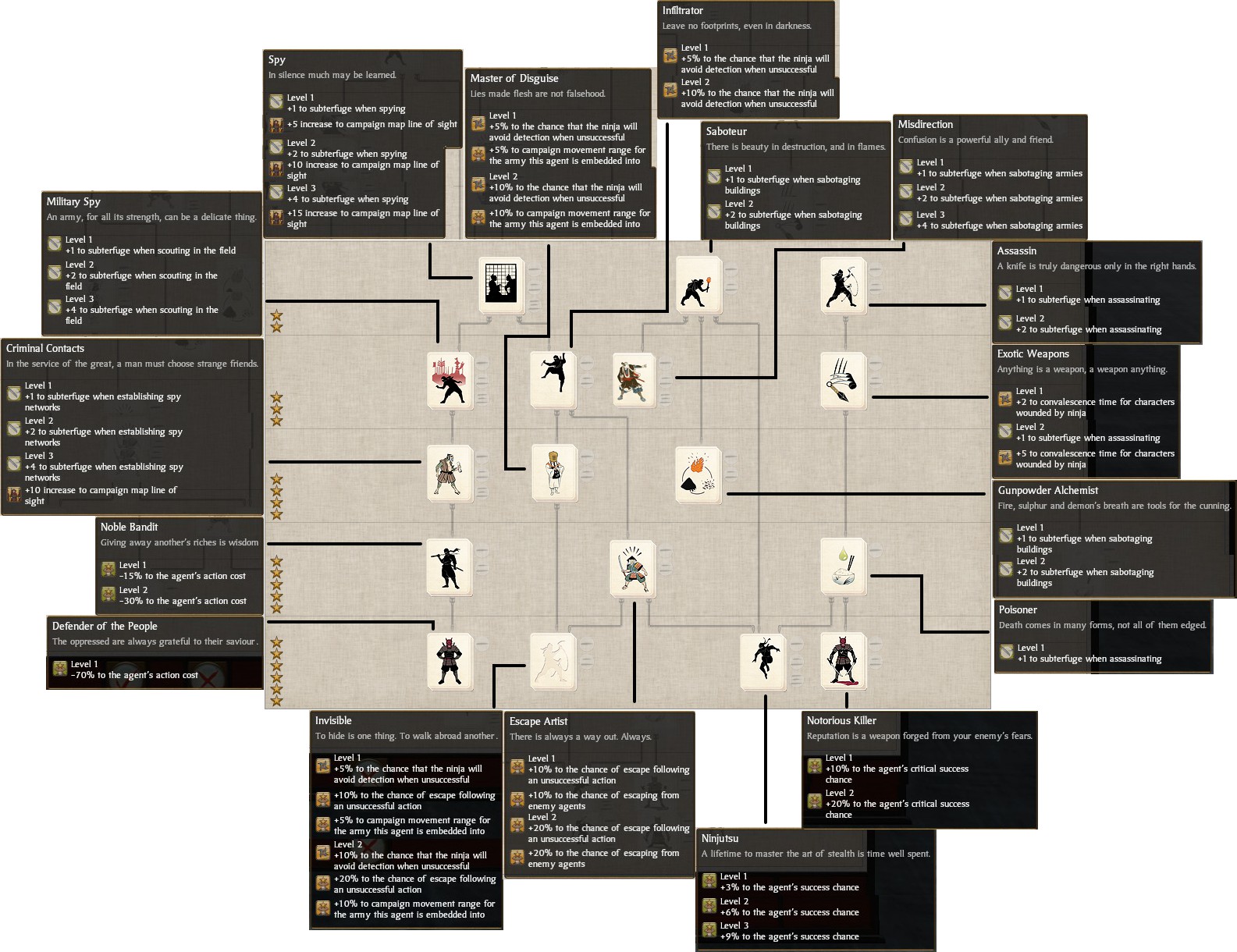Neither game scared me at all, I vastly prefer A Machine for Pigs though, the 'survival' in the first game was just annoying, and really shows how far Survival Horror has fallen, I remember back in Resident Evil when I really had to stock up on actual health supplies, and be incredibly careful not to be injured or poisoned because back then it actually meant something, in Amnesia you 'survive.

Share.This little piggy had nightmares.ByOf what I consider to be the two major, equally powerful pillars of horror, expertly delivers one. Where something like Outlast plays on real, tangible fears, that of those people and otherworldly things who mean to do us harm, Amnesia seems to psychoanalyze us and prey on the fears and regrets that cause restless nights of sleep.
 There are three new agents: The Foreign Veteran, The Ishin Shishi, and the Shinshengumi. Geisha can also have new abilities, but cannot assassinate.
There are three new agents: The Foreign Veteran, The Ishin Shishi, and the Shinshengumi. Geisha can also have new abilities, but cannot assassinate.
During the course of its six-hour campaign, I was immersed in an ever-growing sense of sheer dread the likes of which few games have ever been able to accomplish. But in creating this atmosphere, it loses many of the jump-scares that make the original Amnesia: The Dark Descent such a memorable haunted house, and Machine for Pigs never really capitalizes on the feeling of vulnerability it creates. For that, I blame an across-the-board simplification of many of its systems and mechanics.I can understand the reasoning behind striping away a lot of the features that made the original a unique, if slightly cumbersome experience. Gone is your item inventory and resource management, replaced with a newfound emphasis on environment exploration. Your trusty lantern no longer requires a constant supply of oil, though having it lit will still attract the various beasts which roam the world.
And I’m saddened by the absence of the signature sanity meter, one of the original Amnesia's most memorable elements. Staring straight at an enemy will no longer cause the screen to contort, the soundtrack to distort, and your character to ultimately die of madness.
But while devoted fans of the original might be turned off by the paring these iconic features, A Machine for Pigs delivers a tighter and arguably more interesting horror experience than its predecessor. Honestly, stripping down A Machine for Pigs to its bare essentials makes it a much less physically taxing game. You won't be hiding in closets, flicking your light on and off to regain your sanity, or scouring the environment for extra oil and tinderboxes.
But while it demands less of you through its mechanics, in return it asks much more in terms of unraveling its macabre, savagely poignant story.The journey of Oswald Mandus, an amnesiac in search of his missing children during the final hours of the 19th century, unfolds with a wonderful sense of dread and mystery. Wandering through the foggy streets of London and making your way through a slaughterhouse that would make Upton Sinclair cringe provides a wonderful setting for a brutal descent into the mouth of madness. Developer The Chinese Room (known for its work on Dear Esther) does an impeccable job of creating a sense of place that inspires fear while simultaneously a compulsion to explore.There came a strange yet enlightening moment about halfway through, where my fear of the things that go bump in the night took a backseat to a completely different breed of dread. Something intangible, yet much more terrifying to me on a personal level. Don't get me wrong – the prospect of death at the hooves a grotesque, bipedal pig monster still hung in the air. But the thing that began to eat away at me were the thoughts of who my character was, and what terrible things I may have done to deserve this dark, Victorian hell.It only got better from there. Through the use of enigmatic diaries, wonderfully creepy audio logs, and a great sense of environmental storytelling, A Machine for Pigs makes Mandus' narrative arc a fantastic trip that culminates in one of the most satisfying final acts of 2013.
Amnesia Pigs Walkthrough
It marries a deeply tragic and personal story with a terrifying look back at the dark side of the rise of technology. I'm being vague for a reason, because much of Amnesia's power lies in a series of great story reveals. Sadly, you'll have to trudge through a lot of underwhelming puzzles to extract it. Those puzzles come across as annoying speed bumps between the much more effective moments of terror and story progression. You'll find yourself replacing fuses, turning valves, and moving parts of the environment in order to solve most of the uninspired obstacles. None are tricky enough to elicit that coveted 'aha!' Moment, and instead the completion of the puzzles delivers a feeling more akin to the empty satisfaction I feel after doing the dishes.Thankfully, our time with A Machine for Pigs' terrifying creatures plays out in a much more entertaining fashion, though they lack some of the terror of the original's monstrosities.
Run-ins with demonic swine are rarely frustrating, as they usually unfold in larger areas with an abundance of nooks and crannies to steal yourself away to while the nightmarish Babes slink out of view. But since your sanity is no longer a problem, and your lantern will never run out of fuel, finding your way past most of these encounters is a relatively easy exercise in patience. Only twice did a creature kill me, and one of those was due to my poor Mandus getting stuck on the environment.